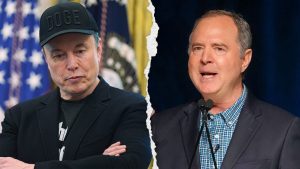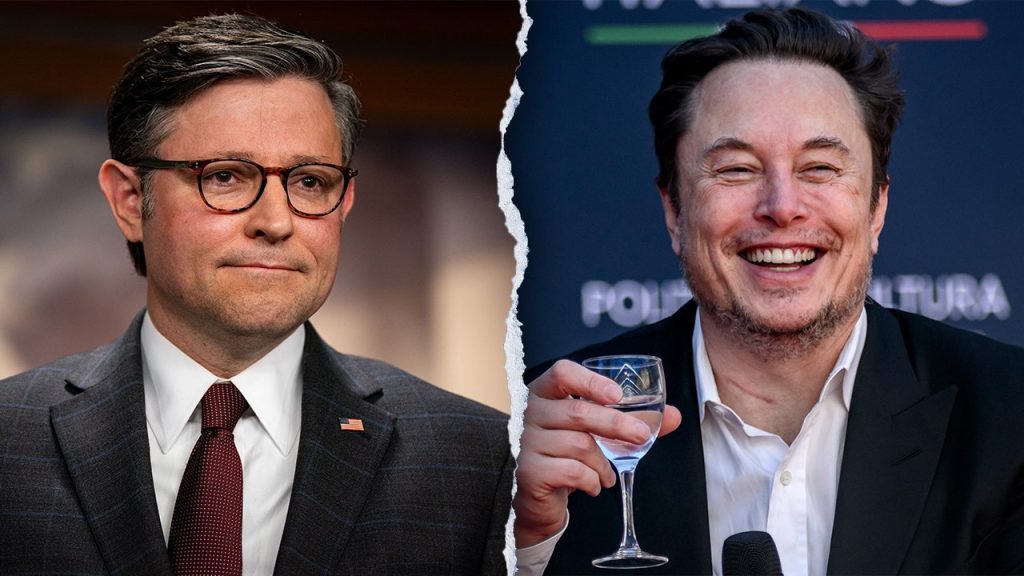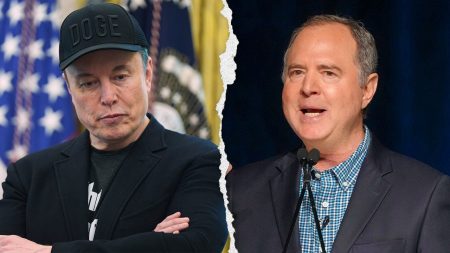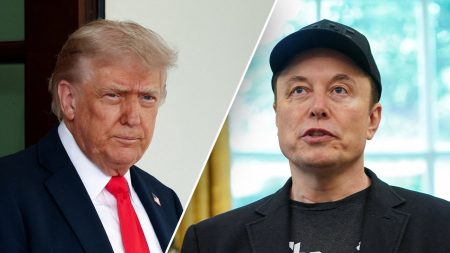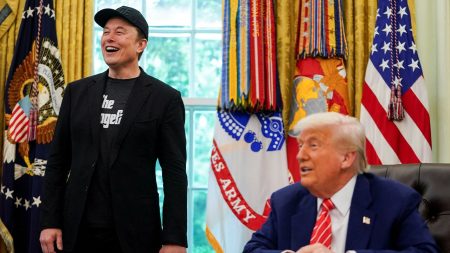Political Turmoil and Trump’s Return
The political landscape is in a state of flux as Republicans grapple with a spending bill crisis, potentially leading to a government shutdown. House Speaker Mike Johnson’s leadership is being questioned, with some, including Senator Rand Paul, suggesting unconventional alternatives like Elon Musk, President-elect Trump’s choice for co-chair of the Department of Government Efficiency (DOGE). This highlights the internal divisions within the Republican party as they navigate fiscal conservatism and the demands of a divided government. Meanwhile, President Biden faces criticism for his handling of the situation, his perceived lack of visibility during the funding battle, and reports of stamina issues early in his presidency. These challenges underscore the complex dynamics between the executive and legislative branches, further intensified by the approaching transition of power.
Trump’s legal battles continue, with the Georgia appeals court disqualifying DA Fani Willis from the election interference case, a decision celebrated by Trump. The formation of the "Make America Healthy Again" caucus by Senator Marshall, following a meeting with Robert F. Kennedy Jr., signals another potential area of political maneuvering and policy focus. The Justice Department’s attempt to prevent January 6 defendants from attending Trump’s inauguration further emphasizes the lingering tension and security concerns surrounding the events of that day. Amidst this backdrop, Trump’s return and his stance on government spending are central to Republican political calculations. His demands and the impending shutdown create a high-stakes game of chicken between the parties, with the outcome impacting government operations and political positioning for the 2026 midterms.
Trump’s Influence and the 2026 Midterms
The Republican House campaign chair asserts that Trump’s victory positions the party for an aggressive strategy in the 2026 midterms. This indicates a belief that Trump’s base remains energized and will be a key factor in future elections. Internal divisions persist, however, with some Republicans expressing dissent against Johnson’s leadership and questioning his ability to unify the party. The debate over the spending bill further underscores these divisions, with Elon Musk and Vivek Ramaswamy critiquing elements of the proposed legislation. This internal friction, alongside potential challenges from other factions within the party, creates a complex and dynamic political landscape moving forward.
Technological advancements are also playing a role in shaping the political arena. A newly released congressional AI report is receiving positive reviews, highlighting the increasing importance of technology in policy discussions. Meanwhile, DOGE Caucus leader Joni Ernst advocates for relocating a significant portion of federal workers outside of Washington, D.C., a proposal with far-reaching implications for government operations and the distribution of federal resources. This signifies a potential shift in the focus of policy discussions, with an emphasis on government efficiency and the integration of technological advancements.
Beyond the Beltway: Social and Legal Battles
Beyond the immediate political drama in Washington, significant societal issues are at the forefront. A Paris Hilton-backed bill addressing abuse at child treatment facilities is headed to President Biden’s desk, highlighting ongoing efforts to protect vulnerable populations. The legal battle over abortion access continues, with Texas launching a lawsuit that may reach the Supreme Court, underscoring the persistent and deeply divisive nature of this issue. These developments demonstrate the importance of advocating for human rights and the continuing struggle to achieve social justice through legislative action and legal challenges.
The cultural and political landscape beyond Washington continues to be a stage for high-profile events and evolving trends. The news of Alex Soros and Huma Abedin’s engagement party highlights the social connections and power dynamics within elite circles. Educational reforms aimed at moving away from "woke" ideologies are being implemented in some states, illustrating the ongoing debate over curriculum content and political influence in education. Immigration enforcement activities are also under scrutiny, with ICE deportations reportedly reaching Trump-era levels, signaling a shift in immigration policy and enforcement practices. These developments underscore the complex interplay of social, cultural, and political forces shaping the national conversation and impacting lives across the country. The convergence of these various factors contributes to a dynamic and multifaceted political and social environment, creating a context for the unfolding events and ongoing debates that will shape the future of the nation.
